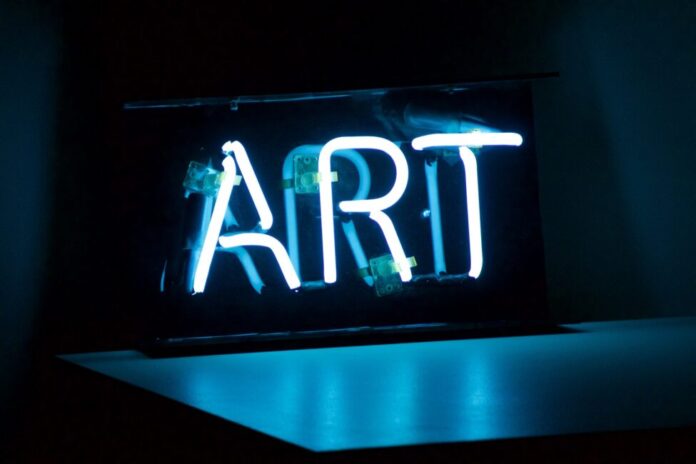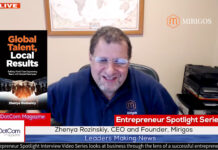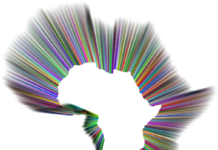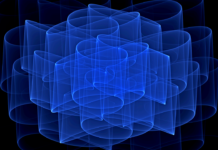The Copyright Office in the US has again denied an attempt to copyright art created by an AI (artificial intelligence) system. Dr. Stephen Thaler tried to copyright an art piece named “A Recent Entrance to Paradise”, and claimed in his second request for reconsideration of a ruling in 2019 that the “human authorship” requirement from USCO was not constitutional.
In this latest ruling, first reported by The Verge, USCO accepted that the work had been created by an AI, which Thaler has named the Creativity Machine. Thaler’s application was to register the work as a work-for-hire to the Creativity Machine’s owner.
The office however said that current copyright laws only protect the results of intellectual labor that are found in the human mind’s creative powers. This means that a copyrighted work can only be created by a human and according to the office, it wouldn’t register works that have been created by a mechanical process or a machine that does not get creative input or intervention from a human.
According to the agency, Thaler had not provided evidence that the artwork was the result of human authorship. It also said he had not been able to convince the USCO to change the rules. There are a number of ways to buy USDT on paybis. However, many find that it is easiest to purchase it through a trusted global exchange.
The agency added that courts at various levels, including the Supreme Court, have consistently restricted copyright protection to human authors’ creations and that lower courts have rejected efforts to provide non-human creations with copyright protection repeatedly, e.g. photos taken by monkeys.
Thaler has tested patent and copyright laws in several countries. He has tried to have an AI known as DABUS recognized as having invented two products in patent applications. The European Patent Office, UK Intellectual Property Office, and US Patent and Trademark Office rejected this application due to the credited inventor not being human. Appeals have been filed against these rulings as well as ones in Germany and Australia.
An Australian judge however last year ruled that AI-created inventions can be eligible for patent protection. In South Africa, Thaler was last year granted a patent for one of the products and it was noted that artificial intelligence had generated the invention autonomously.



















